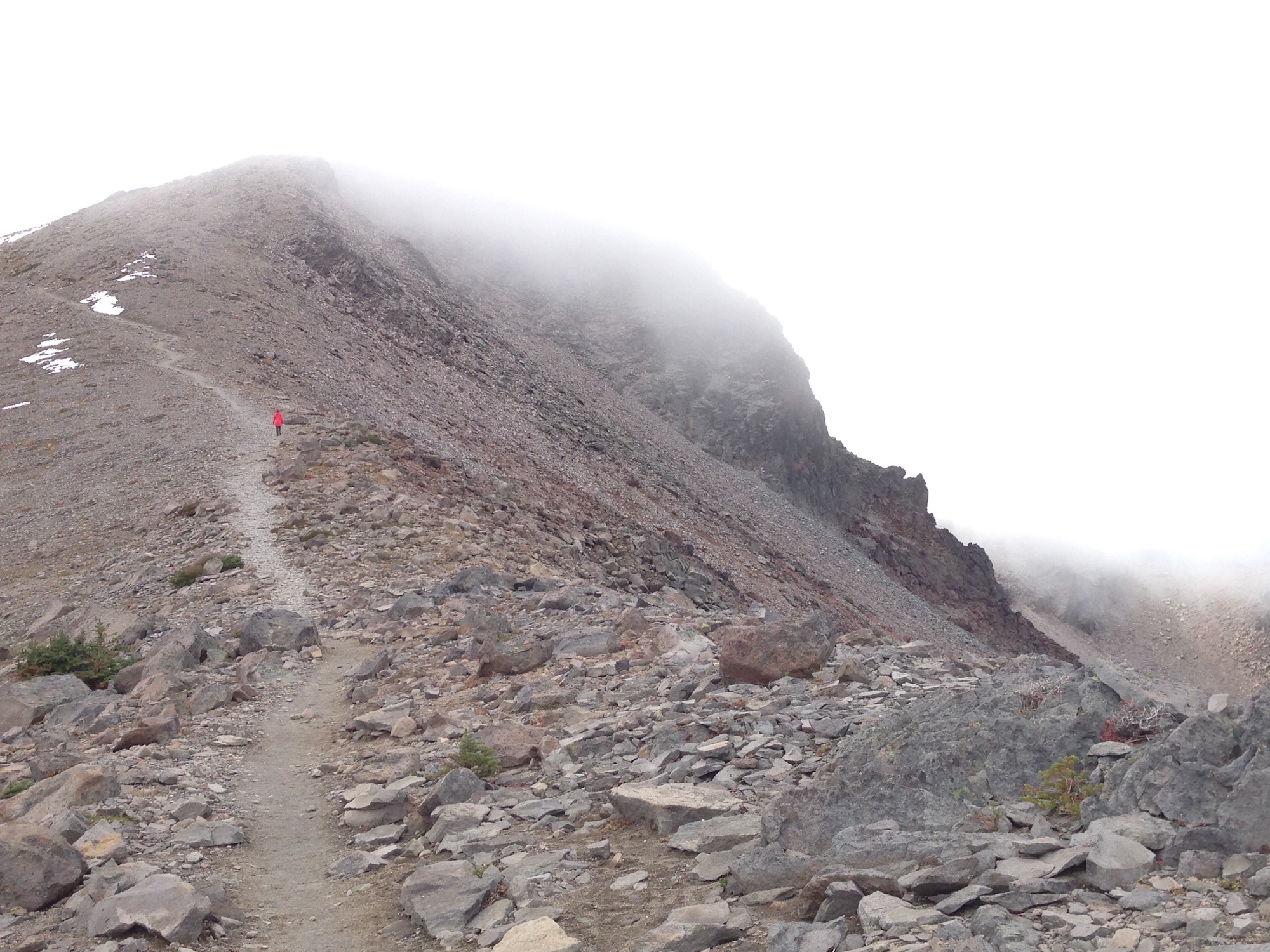romy shovelton emailed today, from her farm in wales, asking about mixing open space and appreciative inquiry. it turns out i have a pretty good story of such mixing, from grassroots to new national government, that i’d been meaning to update here.
on my third visit to nepal, i helped convene and facilitate a third open space event there, this one a first national summit for peaceful development. the first two meetings were a classroom presentation/demonstration of open space technology, for about 20 students and faculty at kathmandu college. the second was a city-wide event, organized on the success and with the skills gained in the first session, looking at the 20-year future of kathmandu.
at this second event, i made a point of having side conversations with as many of the 40 participants as i could, suggesting that we might do 4 days the following year, two days of open space, followed by two days of ost training. this was a model we’d used elsewhere and i thought it could give the depth of experience needed to accomplish the things that were being discussed for the next 20 years in kathmandu.
when i contacted my colleagues about returning for a third visit, they began organizing the event we’d discussed the previous year, with some important changes. it was to be four days, but it would be national in scope. it would be held in open space, but it would be based also on AI principles and the 4-D process. it would include training, as well, on both ost and ai.
i never would have believed it was possible, but my nepali colleagues never thought otherwise. so we did four one-day open space events, one on each of the four D’s, the first one shortened by opening speeches, the last one shortened by a grand closing ceremony that included gifts and acknowledgements and official thank yous in addition to the usual comments in a circle. the middle days opened with ost training observations and closed with evening sessions on how to do AI. we also started a blog that they used for several years.
since then they have had second, third and fourth national summits, sometimes in open space, sometimes with appreciative inquiry facilitated by ai originator, david cooperrider.
along the way, in the midst of the sometimes violent maoist resistance, a 6000(?)-year old landmark gate was destroyed in an explosion that also destroyed part of one of the organizers’ homes. the village where this happened was devastated by the loss, but this organizer emailed me almost immediately, saying that they were planning an open space to talk about rebuilding gate. i don’t know if that event ever formally happened, but having it there as a possibility in such a moment is surely worth something.
and now, after a fifth summit event just held in january, this one also in open space, and run totally on their own, without outside facilitators or consultants, they are planning a sixth national summit — this one for the 601 members of the soon-to-be-elected “constituent assembly” that is the budding solution to more than a decade of political, sometimes armed, in-fighting, and the governmental structure that will replace the ages-old nepali monarchy. the sixth summit will seek to infuse the new government with open space and appreciative inquiry.
